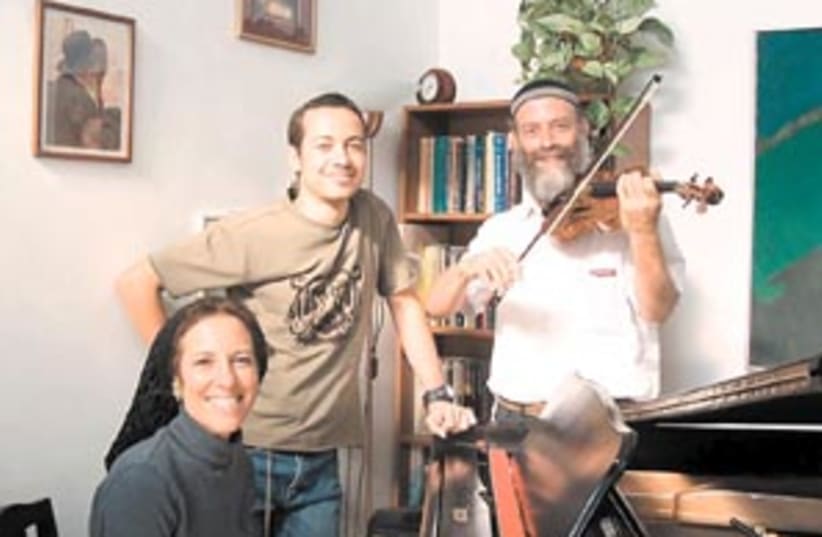| More about: | Beersheba, Brooklyn, Shlomo Carlebach (musician), North America |
Arrivals: From Brooklyn to Beersheba
Some people make aliya for the most Jewish of reasons. Like the piano/violin concert duo of Asher and Hannah Blachman.


| More about: | Beersheba, Brooklyn, Shlomo Carlebach (musician), North America |